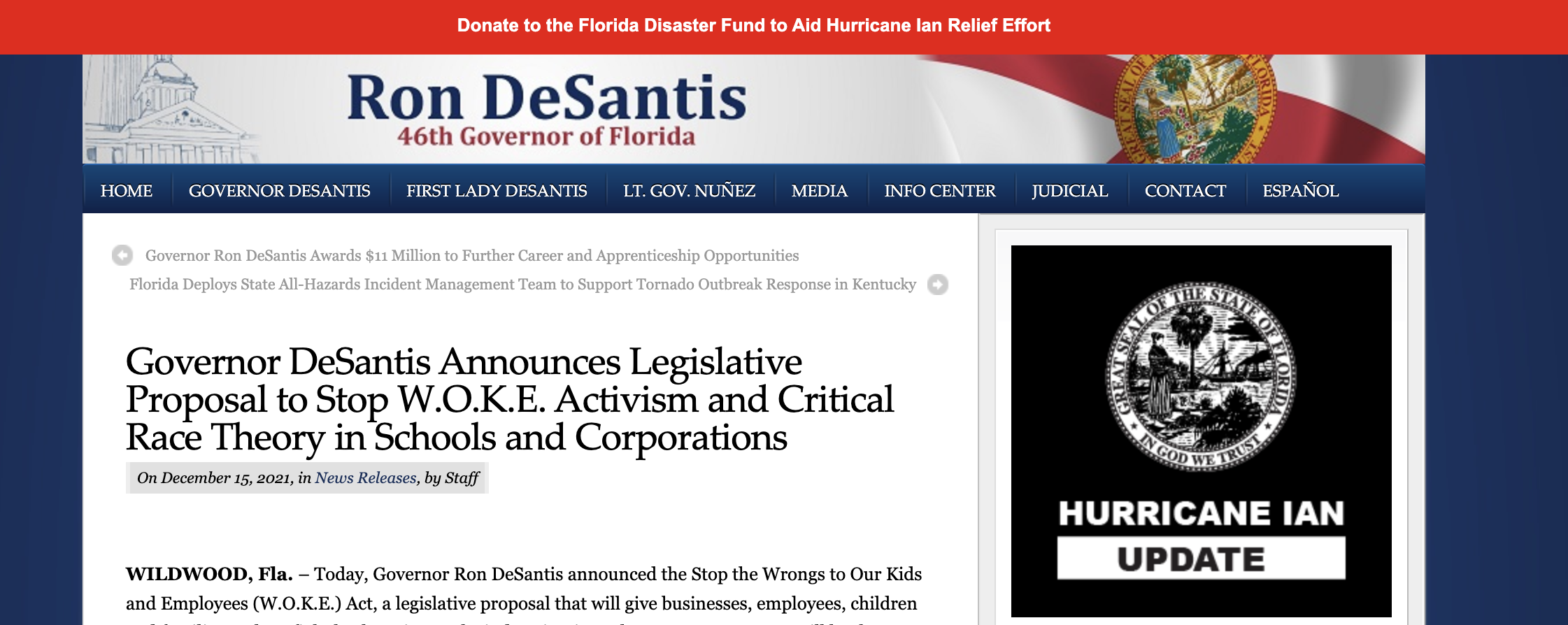The latest critical race theory drama comes to us from Florida
If you're skeptical that the furor over critical race theory has had any real impact on students, look no further than Orlando. On January 3, ProPublica brought us the story of Jonathan Cox, an assistant professor at the University of Central Florida

If you're skeptical that the furor over critical race theory has had any real impact on students, look no further than Orlando. On January 3, ProPublica brought us the story of Jonathan Cox, an assistant professor at the University of Central Florida who cancelled two classes about race that he was scheduled to teach this semester.
The courses – Race and Social Media and Race and Ethnicity – weren't new, nor were they unusual for a sociology department to offer. Sociologists study human relationships and institutions, and our culture in the U.S. is complex, due to sheer size, the growing diversity in our communities and a host of other factors.
Still, Cox made the tough decision to cancel, citing Governor Ron DeSantis's Stop W.O.K.E Act as well as a fear of being targeted or even losing his job, which as the solo breadwinner for his family he could not afford to do. I'm sure the university didn't argue – how could they, as a public institution that needs to comply with state law?
Allow me some comparisons to help us put ourselves in Cox's shoes. Imagine a female professor being prohibited by law from teaching about the suffrage movement in the U.S., because it might make men feel bad. Or being German and being prohibited from teaching about World War II, because folks of German descent might feel guilty.
Ridiculous. Just as Germany still suffers the effects of the Holocaust, from a far-right party in the Bundestag (parliament) to compensation for victims' families that totaled over $85 billion in 2018 – the U.S., and Black people in particular, still feel the effects of slavery.
Lingering questions and concerns
ProPublica's Daniel Golden summed up the Stop W.O.K.E Act concisely, writing that it "bans the teaching that one race or gender is morally superior to another and prohibits teachers from making students feel guilty for past discrimination by members of their race." Read a press release about the legislation here.
My interest here is not to start a debate about racial justice or even critical race theory itself, but rather to monitor direct outcomes of a propaganda campaign that manufactured a problem for political gain, as I wrote about in late 2022.
Our nation's students deserve special consideration. When public education and academic scholarship become collateral damage for political agendas, citizens who value America's place in the world and the future of our young people should pay attention. And ask important questions, out loud:
You get the point. None of this makes any sense.
Rhetoric as a tool
At Cornell I had to take a graduate-level course in rhetoric. I remember it as mind-numbingly abstract (and wonder if it's why I never got a master's in communication). But I get its importance. Some of the questions above may seem rhetorical – and that's useful. Asking questions, rather than making statements that may come across as judgmental, can be a powerful tool when discussion important issues.
Try it; this is no time for silence. Let us know how it goes.

